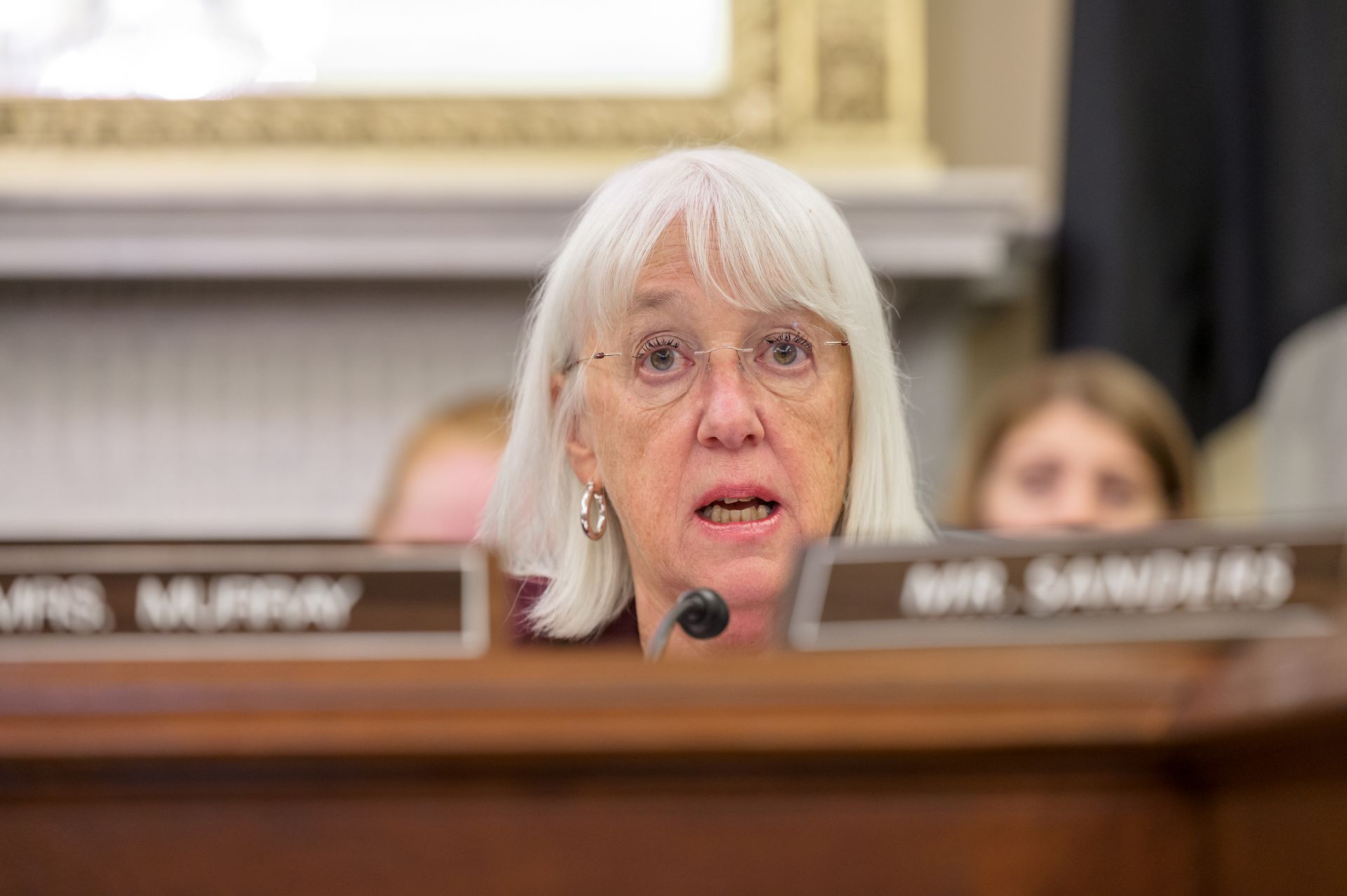Washington, D.C. – U.S. Senators Patty Murray (D-WA) and Maria Cantwell (D-WA) joined Senators Mike Rounds (R-SD), John Thune (R-SD), and John Hoeven (R-ND) in introducing the Purchased and Referred Care Improvement Act—bipartisan legislation that makes it clear that the Indian Health Service (IHS) is responsible for paying medical bills for IHS beneficiaries, not tribal members. The legislation also requires the IHS to reimburse tribal members that pay out of pocket for medical care within 30 days of receiving care at a non-tribal health care facility.
“It’s plain unfair for tribal members’ credit scores to suffer simply because IHS is late reimbursing providers for care—these inefficiencies are no fault of the tribal members who are seeing their credit dinged,” said Senator Murray. “This legislation is a much-needed fix to an issue affecting the credit of tribal members in Washington state and I’m glad to join my colleagues in introducing it.”
“This bill would help put an end to delays in medical cost reimbursements that have created serious financial hardships for tribal members,” said Senator Cantwell. “I have heard from the Confederated Tribes of the Colville Reservation and many of its tribal members that receive medical treatment at non-tribal facilities rely on the Indian Health Service to reimburse for the cost of care—but when that doesn’t happen, tribal members are then financially harmed to the point of some not wanting to seek care at all to avoid negative credit score impacts. To fix this, Senator Rounds and I are introducing the Purchased and Referred Care Improvement Act so tribal patients don’t have to worry about being sent to debt collectors or losing points on their credit score while they wait for the federal government to reimburse their provider.”
“For decades, the Colville Tribes and its members have endured severe obstacles to accessing critical health care due to the Indian Health Service’s management of the Purchased/Referred Care program,” said Jarred-Michael Erickson, Chairman of the Confederated Tribes of the Colville Reservation. “On the Colville Reservation, these management deficiencies have resulted in tribal members having their credit negatively impacted because of IHS’s failure to pay health providers for the patient referrals that IHS authorizes. Not only does this dissuade tribal members from seeking the critical care they need out fear that their credit will be harmed, IHS’s failure to pay providers for these referrals in a timely manner discourages our already limited number of rural health providers from participating in the program. The Purchased and Referred Care Improvement Act will strengthen and clarify the Service’s legal obligations to ensure that tribal members will not be pursued by debt collectors for medical bills that the Service is legally obligated to pay. The Colville Tribes is grateful for the introduction of this bill and looks forward to it being enacted into law.”
The IHS has a trust responsibility to provide health care to tribal members and “direct service” Tribes rely on the IHS for all health care services from delivery of the care to billing. If the IHS cannot provide certain health care services, tribal members go through the Purchased/Referred Care (PRC) which provides tribal members health care at non-tribal facilities. Under the Indian Health Care Improvement Act, the IHS is required to make payments to outside providers for approved claims within 30 days and if Tribal members pay out of pocket for care, the IHS is required to reimburse them for the care received.
According to a study by the Health and Human Services Office of Inspector General (OIG), 32,099 of the 802,470 claims were not paid within 30 days from the date of submission, and provider payments were often delayed. When a health care provider does not receive a payment from the IHS, that provider seeks the payment from the tribal patient. This has harmed tribal members’ credit scores and lead to increased debt in tribal communities.
Specifically, the Purchased and Referred Care Improvement Act would:
- Require IHS to develop procedures to reimburse beneficiaries for approved PRC services within 30 days, if the patient paid out of pocket.
- Allow a beneficiary to submit documentation to the agency as evidence when seeking reimbursement.
- Strengthen liability provisions of the statute, making it clear that outside providers cannot collect wrongfully charged debt from beneficiaries with approved PRC claims.
###


